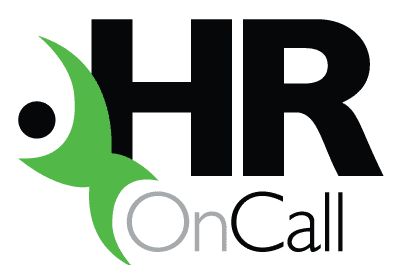As we move towards a post-pandemic world, huge shifts in the way we work are expected to change the nature of the employer-employee relationship forever. Workers re-evaluating and reprioritising their work life will put pressure on businesses seeking talent in ways they haven’t faced before. Here’s how to get your business ready for the great resignation.
Pandemics reshape societies
The Covid-19 pandemic has shaken up the world in many ways, including reshaping how many people feel about the role that work plays in their lives. While a pay check is still crucial for most workers, money on its own is no longer the prime motivator to get up and go to the office. The pandemic created a situation in which many employees were forced to work from home, sometimes caring for children. This fundamental change in the work day revolutionised people’s understanding of the benefits of remote working – particularly job flexibility.
A great number of workers realised that work can fit more harmoniously alongside family and other commitments, while others took the time away from the workplace to contemplate what their ideal life would look like post-pandemic. For many, the grass looks a lot greener elsewhere, according to recent research by Microsoft showing more than 40% of the global workforce are considering leaving their employer this year. (https://www.microsoft.com/en-us/worklab/work-trend-index/hybrid-work)
At the core of this thinking is the idea that work should be just one component of life, or that work should be more aligned with other goals and personal values. This has led to a fundamental shift in the balance of power from employers to employees.
The psychological contract between employers and employees is being renegotiated
The pre-pandemic employment model, born out of the industrial revolution, was that workers compete with each other for jobs, and the salaries and benefits that came in exchange for their labour, time and effort. Employers have traditionally held the balance of power. Covid has turned this dynamic on its head with many employees now looking for a different deal from their employer.
Essentially, many employees don’t want to be seen as workers, but as complex individuals living rich, full lives. This means looking at work through the lens of how their employment reflects their values, fits alongside other commitments, and enriches their lives. Flexibility is a big part of the new psychological contract being drawn up but shared values, purpose and individualised support are other factors which will make businesses attractive to employees.
Workplaces must respond to keep and attract staff
What does the great resignation mean for your business? Firstly, while many employees are planning to make significant career moves in 2022, some experts believe that the practical implications might be a bit over-stated. It’s one thing for 40% of employees to want to quit their jobs and quite another for that many people to actually take action – at least all at the same time. Yet, there’s no doubt that businesses will be forced to adapt to a post-covid world just as they had to adapt at the start of the pandemic. There’s just no going back to the way
things were. And in fact, technology and social factors were already changing the psychological employment contract even before the virus hit – the pandemic simply accelerated trends that were gaining momentum.
The key focus for businesses going forward is to reduce staff turnover because of the high cost of recruitment (which can be twice the annual salary in hiring and training expenses) and because of lost productivity (because it takes a new employee an average of 6-9 months to fully onboard a new employee).
How to reduce employee turnover
Flexibility and alignment are the things employees will be looking for during the great resignation. For employers, this means not insisting that staff physically attend workplaces for 40 hours a week if that’s not required. It means a willingness to be flexible and accommodating to workers with family or other commitments and potentially offering additional maternity or paternity leave or other family -friendly benefits to set your business apart from competitors. It also means balancing the growth needs of your business with the capacity of an already fatigued and weary workforce.
The key to reducing turnover during the great resignation is seeing the needs of your business and your employees as equally important, and creating opportunities to offer flexibility, support and transparency in a way that meets both sets of needs.
How your business can prepare for the great resignation
- Your business will need to compete for talent like never before. Consider how you can better sell your company and your work to both new and existing staff
- Money is important but not the only consideration. Job flexibility, benefits, mobility and genuine empathy and support will help your workplace keep staff and be attractive to new employees
- More and more workers are seeking workplaces aligned with their values. Make sure you can articulate what your company stands for and how it’s making a positive social impact on the world
- Maintain frequent face to face or facetime contact with employees so that people feel visible and valuable
- Recognise employee achievements and celebrate them publicly to foster a sense of appreciation, belonging and positivity within your business
Need specialist HR advice and support?
We’re here to help. Call us on 1300 827 566 for a free 15-minute call

